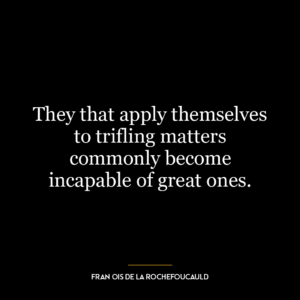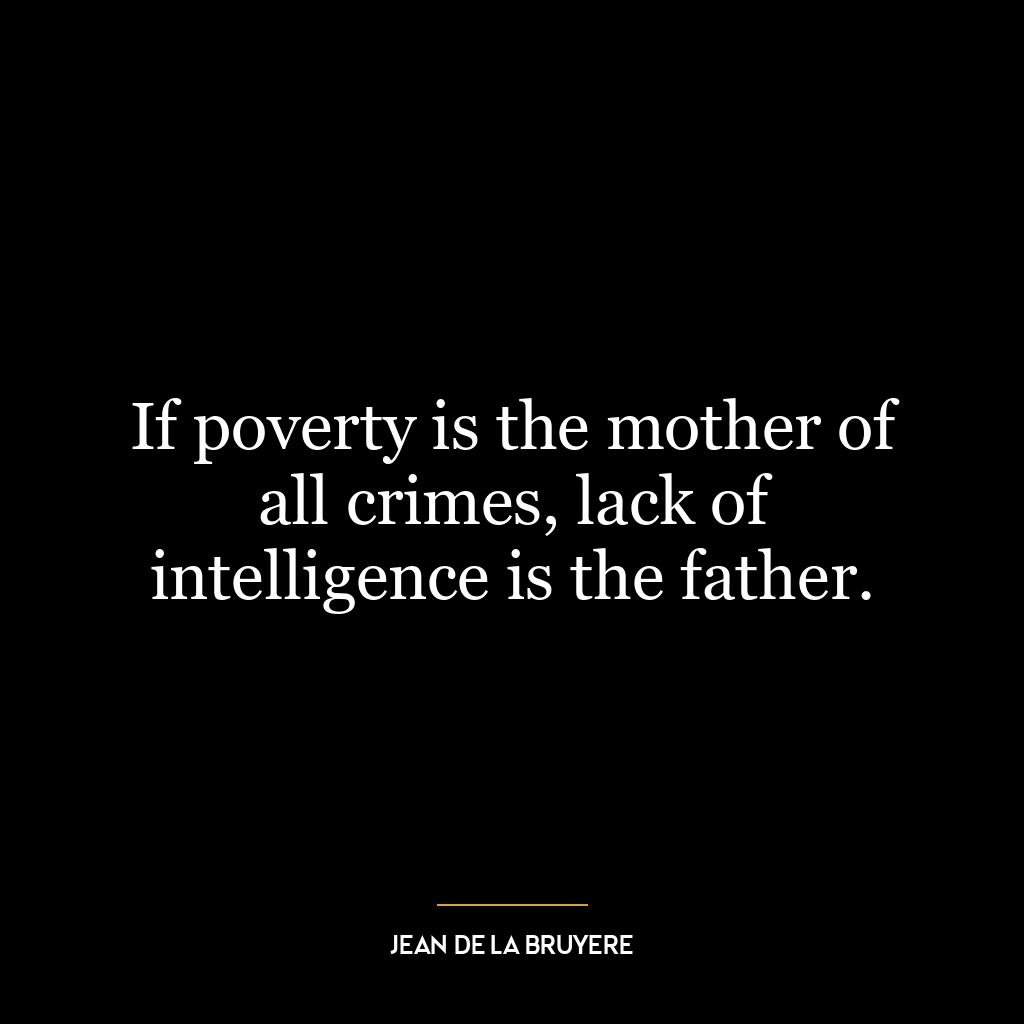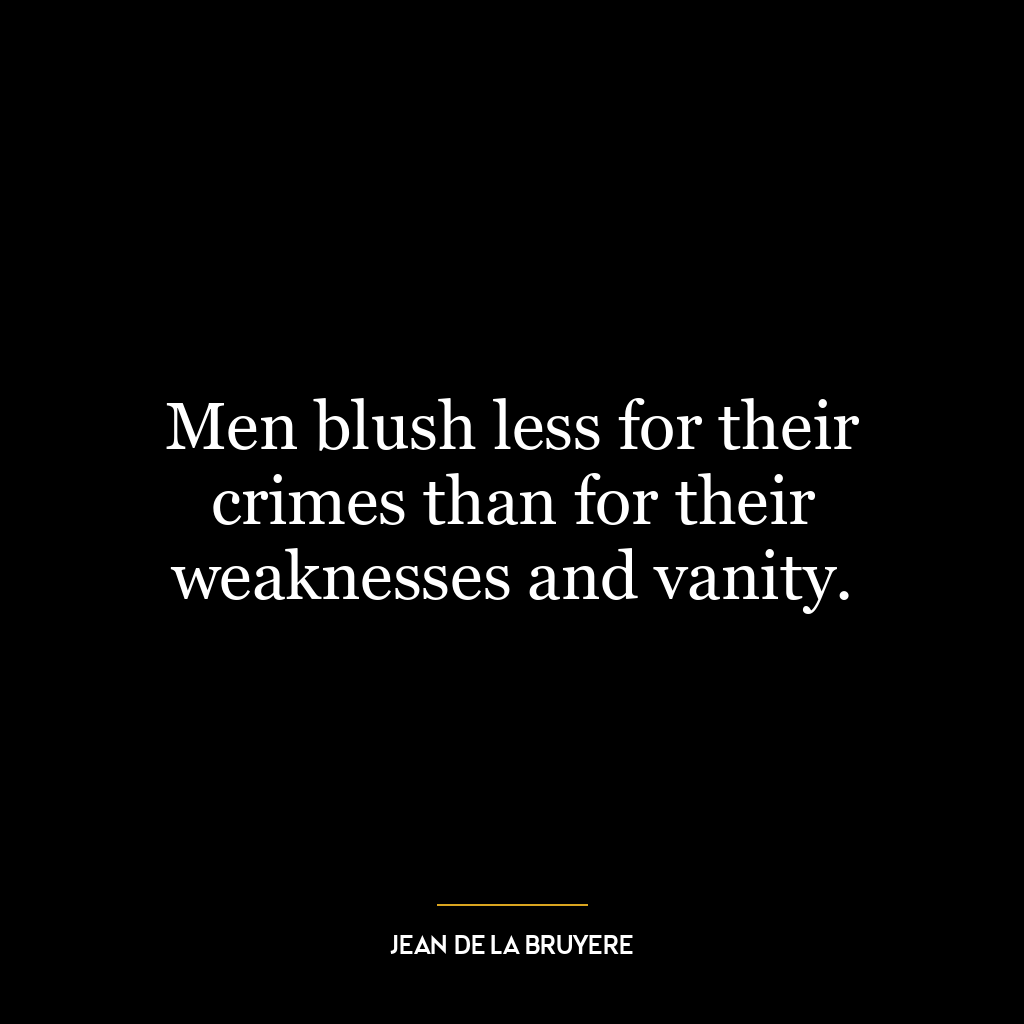This quote suggests that people who are incapable of committing grave misdeeds or serious crimes often find it difficult to suspect others of such actions. This could be due to their inherent goodness or naivety, which makes it hard for them to comprehend the extent of malice or wickedness others could harbor. It reflects on the human tendency to project our own moral compass and values onto others, assuming that they would act or think the same way we do.
In the context of today’s world, this quote can be applied in various scenarios. In the digital age, for instance, many innocent people fall prey to scams or cybercrimes because they find it hard to suspect that others could deceive them for personal gain. Similarly, in interpersonal relationships, people often give others the benefit of the doubt, unable to suspect them of betrayal or dishonesty until they face it.
In terms of personal development, this quote can serve as a reminder to be more aware and cautious of the world around us. While it’s important to have faith in humanity, it’s equally crucial to understand that not everyone may share the same values or intentions. It encourages us to develop discernment and to not be blindly trusting, as doing so can potentially save us from harm or deception. At the same time, it also prompts us to reflect on our own capacity for wrongdoing and to strive towards bettering ourselves.















